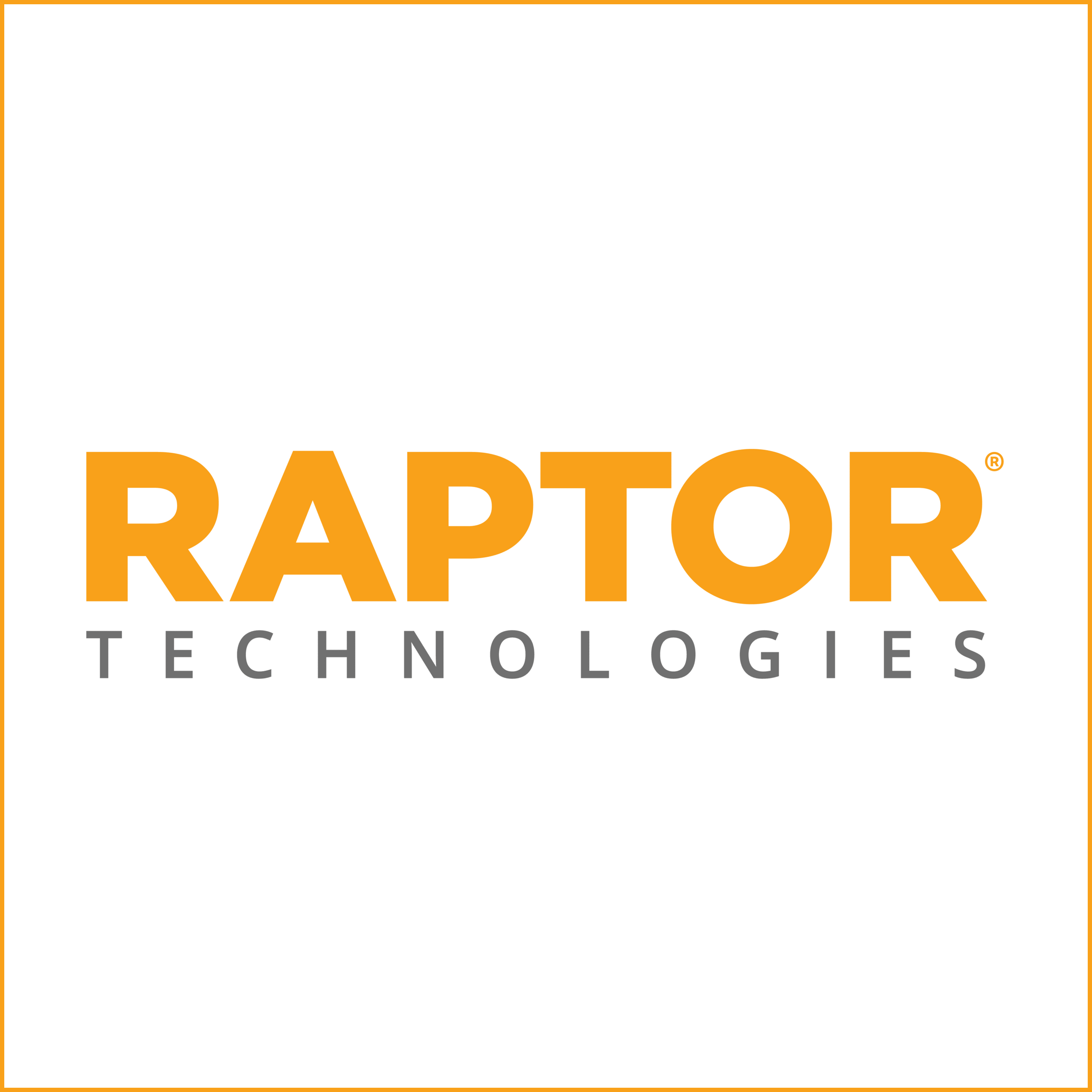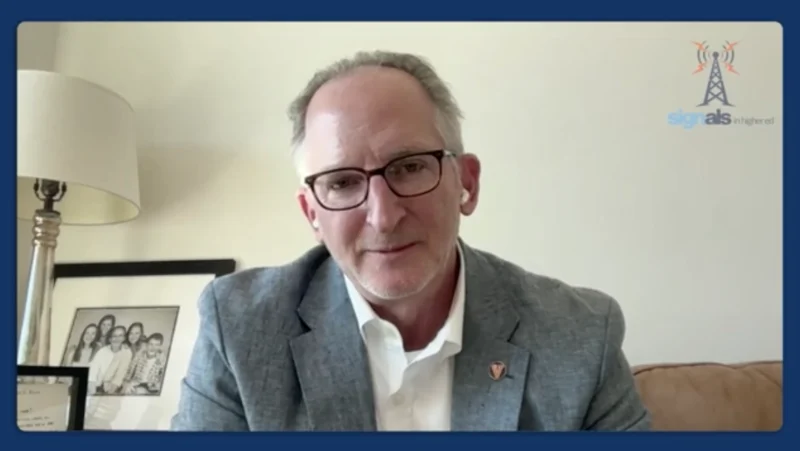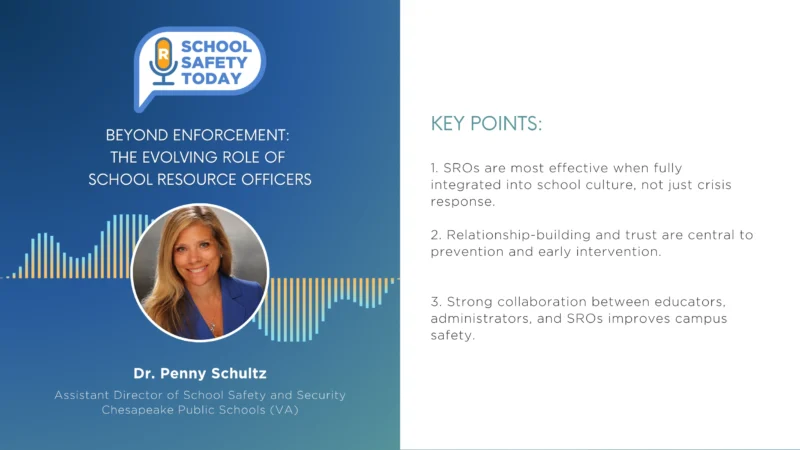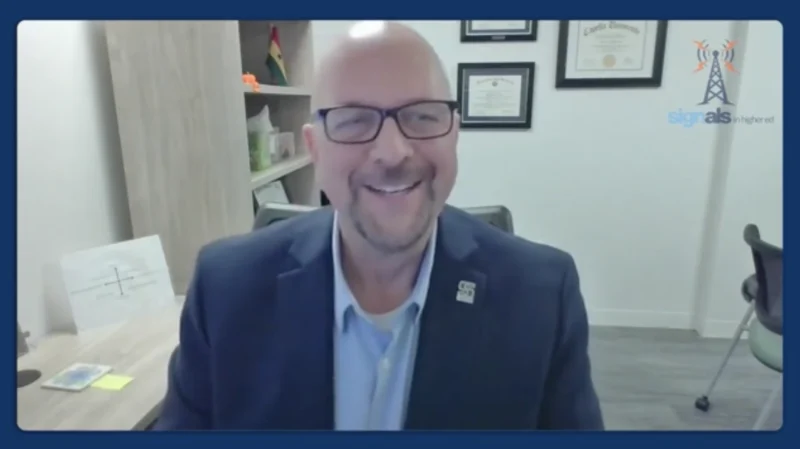Being Prepared: The Role of School Crisis Teams
In this episode of School Safety Today by Raptor Technologies, host Dr. Amy speaks with Benjamin S. Fernandez, MS. Ed., School Psychologist about the crucial role of crisis teams in schools. The discussion emphasizes the importance of preparedness, prevention, and relationship-building to effectively manage crises and ensure student wellbeing.
KEY POINTS:
- Crisis teams play a crucial role in prevention, psychological recovery, and long-term support to promote student wellbeing.
- Building trust with students, staff, and families before a crisis occurs is foundational
- Crisis teams focus on addressing mental health and psychological recovery post-crisis, whereas threat assessment teams proactively evaluate and manage potential threats.
Our guest, Benjamin S. Fernandez, MS. Ed., is a seasoned school psychologist with over 28 years of experience in Pennsylvania and Virginia. Currently serving as a crisis intervention specialist in Northern Virginia, he leads and coordinates crisis intervention services. Benjamin has a rich background in providing mental health services, including assessments, suicide screenings, threat assessments, consultation, and counseling. He is a Lead PREPaRE Trainer and has presented on youth suicide, school mental health, and crisis intervention. He has testified before various government bodies and contributed to the Virginia Department of Education’s Suicide Prevention Guidelines. Recognized for his significant contributions, he has received multiple awards, including School Psychologist of the Year by both the Virginia Academy of School Psychologists and the National Association of School Psychologists.




